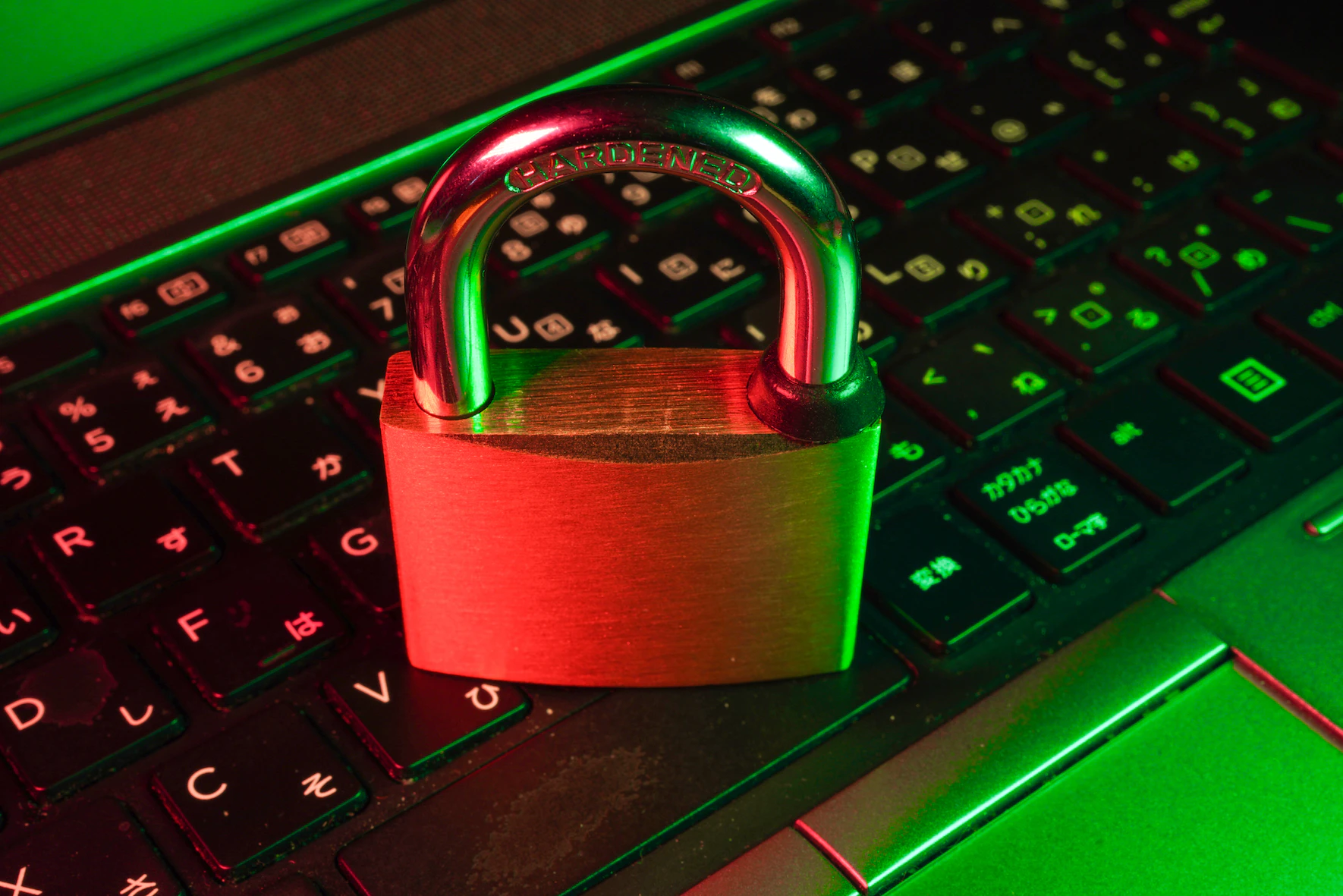How You Can Secure Your Small Biz Data
The world of modern business is rife with opportunities for cybercriminals to commit crimes. Information security should be an organization’s primary focus, regardless of the company’s size. Seeing as how you run a company, it is likely that you deal with a lot of confidential information.
Customers are also highly concerned about keeping their personal information safe. The astute ones will avoid purchasing from a company that does not display any obvious indicators of implementing digital security measures. Learn how to stay one step ahead of today’s thieves by following these helpful recommendations.
Make sure you have email filters that work effectively.
Businesses are increasingly active in pursuing various opportunities presented by digital communications. These services must be protected against unwelcome information intrusions and made secure first and foremost.
Install effective endpoint, network, and email protection that can sift through the email and filter out all spam, malware, viruses, and other files that could cause damage. The transmission of sensitive information can also be protected by encryption software, which is particularly beneficial. On its GSuite platform, Google provides users with various high-quality encryption solutions.
Automated backups of your data.
Backing up your data regularly is essential to the safety of your organisation, regardless of the size of your operation. It should come as no surprise that anyone who uses a computer should back up their work onto a local hard drive. However, backing up files to a third-party secured location is an even more robust safety measure to take.
The practise of backing up data to the cloud has gained popularity over the past few years. Both Dropbox and Carbonite have earned a strong reputation for their capacity to reliably replicate your data and store it securely on a remote server. Knowing that everything is saved securely on the cloud can provide reassurance in the event that something were to happen to the physical property that contains the information
Maintain an all-encompassing security system.
A straightforward data backup procedure is insufficient to ensure that company and consumer information is kept safe. There are more threats to the security of digital data than there are to the physical integrity of property. It is simple for computers to pick up viruses and other malicious software, which can swiftly jeopardise the integrity of your systems.
It is strongly suggested that proprietors of businesses put in place hardware firewall protection. Software firewalls safeguard the applications on the computer, but once a virus is able to cause infection, it is already too late to stop the threat from entering the company’s network.
Employees should be educated on how to stay safe online.
Train employees from the beginning of their job on how to be wary of emails that come with attached files and to be cautious of these emails, as well as secure data destruction practices.
Establish a procedure in which unusual online behaviour is met with open arms. Reporting odd activity to the IT department needs to be a straightforward process that is well-known in its entirety. Here is another post on how to keep the personal information of your customers safe from fraudsters.

